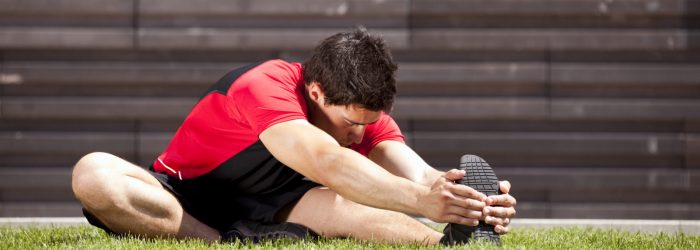Simply put, a muscle tear, otherwise known as a strain, occurs when the load placed on the muscle is too great for its tensile strength to handle. In a ligament, this is termed a sprain.
Muscle tears most commonly occur in muscles that are unconditioned to a particular activity or to a significant increase in physical exertion that is required to complete a task.
This can be one reason why many muscle tears occur at the beginning of the season or when a person is just starting up a new form of exercise/sport and this is where muscle strain physiotherapy can assist!
Symptoms of a muscle tear can include:
- Swelling
- Bruising or redness
- Aching pain at rest in the acute phrase
- An increase in pain when the muscle is being used
- Significant lost of strength when affected muscle is contracting to complete a task.


How do Physiotherapist treat muscles tears?
Muscle strain physiotherapy treatment tears will depend on the stage of healing. In the first 72 hours after a muscle tear, the emphasis of therapy is swelling management (RICER; compress, elevate, ice, rest), pain management and to deload the injured muscle (eg. strapping).
Thereafter it becomes a rehabilitation process of restoring range of motion, strength then sport specific retraining to ensure you muscle is conditioned for the activity you wish to return to.
Our muscle tear physiotherapy team will use manual therapy techniques such as massage, dry needling, and stretching techniques to restore muscle health. You will also be given a target torn muscle rehab program to progress the muscle through each of the healing stages.
A strain can be either acute or repetitive in nature. Repetitive strains can be caused by vibration, constant positions of joints, increased force production that is at times repetitive, repetitive range of motion activities.
Is this something that only sporting people get?
Not always the case. A strain can occur if one slips down a flight of stairs or changes their regular activity and begins to increase load.
Examples of repetitive strains include and also can lead to:
- Bursitis (hip, knee, subacromial)
- Carpal tunnel syndrome
- Thoracic Outlet Syndrome (TOS)
- Intersection syndrome
- Tennis elbow
- Golfer’s elbow


